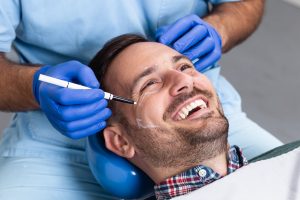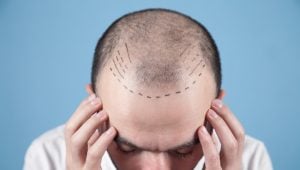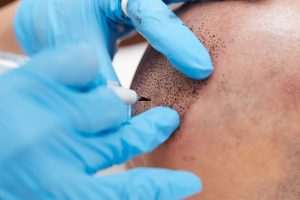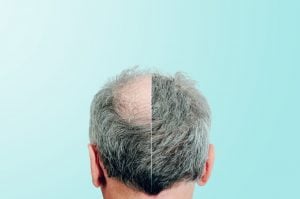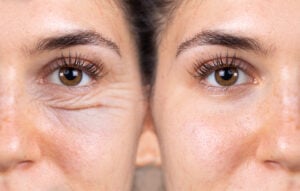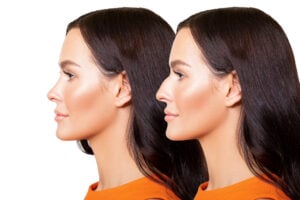That coveted head full of hair is finally close to reality. You want to ensure you are well informed and prepared for a speedy recovery after your hair transplant procedure. Many patients opt for a hair transplant abroad in countries like Turkey, and they may return home within a few days after the procedure.
To ensure an excellent and fast recovery, you must follow your surgeon’s post-operative instructions and take care of yourself and your scalp during the prescribed periods.
The best hair transplant aftercare tips are as follows:
1. The First Few Days
You may return home directly after the hair transplant procedure, but resting for a couple of days is essential to promote healing. Do not scratch or pick at the wound. Avoid any strenuous activities such as manual working, bending, lifting or playing sports.
Avoid heat, cold or sweating that may interfere with healing, thus staying inside for a few days is preferable. If you must go outside wear a loose-fitting hat, otherwise keep your head uncovered.
Avoid swelling by sleeping semi-upright and keep pressure off the site. Do not wash the area, and avoid aspirin, alcohol and ice-cream. Don’t blow your nose too hard; it may cause bleeding at the wound sites.
2. Pain Management and Swelling
Swelling in the transplant area is normal during the first week. It may be relieved with anti-inflammatories and ice packs placed on your forehead, not the graft site. Fifteen minutes every two hours should be ample.
Sleep with your head elevated at least 45 degrees for the first three nights, using a neck pillow or sleep on your side or in a comfy chair to keep pressure off the graft site. Your doctor can prescribe additional pain medication.
3. Infections
While infections from hair transplants are rare, you need to take care for at least two weeks to avoid dirt, dust, sweat or bacteria from entering the wound area. Do not touch or scratch the transplanted area and report redness, swelling and pain to your doctor.
4. Activities, Work and Sports
You can return to work a day or so after your surgery unless your job involves exposure to strenuous exercise, heavy lifting, dusty environments and hats or helmets. However, we assume patients going abroad for hair transplants will want to have a little holiday after their procedure. It is a low-risk procedure after all and roaming around the city afterwards is fine. It is best to avoid saunas, steam rooms, Turkish baths and extended sun exposure in the early days.
5. Peeling
Itching or irritation in the donor area can be relieved with standard sterile saline solution, or with a special gel such as aloe vera. Flakes or peels may start falling off the implant site after seven to ten days or more. Ask your surgeon to prescribe you a softening cream as part of your aftercare pharmacy bundle.
6. Washing Hair
After three to four days, you can perform your first hair wash, very gently, by using a mild shampoo and pouring water gently over the area. Do not pluck at the hair but gently apply the shampoo with soft fingertips. Rinse thoroughly and dry by dabbing softly with clean paper towels.
Do not bathe, shower or submerge your head underwater for at least the first month, and only use a towel to dry after a month. You can have a very gentle shower with low pressure to wash your hair after about a week, but not at the standard pressure.
7. Cutting and Styling Hair
A haircut with scissors is permissible after three months, do not use a razor before six months. Take care when combing your hair not to disturb the roots. Avoid hairdryers for at least a few weeks until the head has healed. You can curl, style or dye your hair once your head has completely healed.
While the post-operative period is short, the first fifteen days is crucial. You may notice some redness and inflammation or crusting. In the first two months, some follicles may detach, but the hair starts growing from the third month. You can expect brand-new regrowth at around six months and virtually no difference after a year.
Hair transplant experiences and results will always vary from person to person, depending on your individual needs and the skills of your surgeon. If you are thinking of heading to Turkey to perform your hair transplant, have a read of these 9 top tips before you visit.



